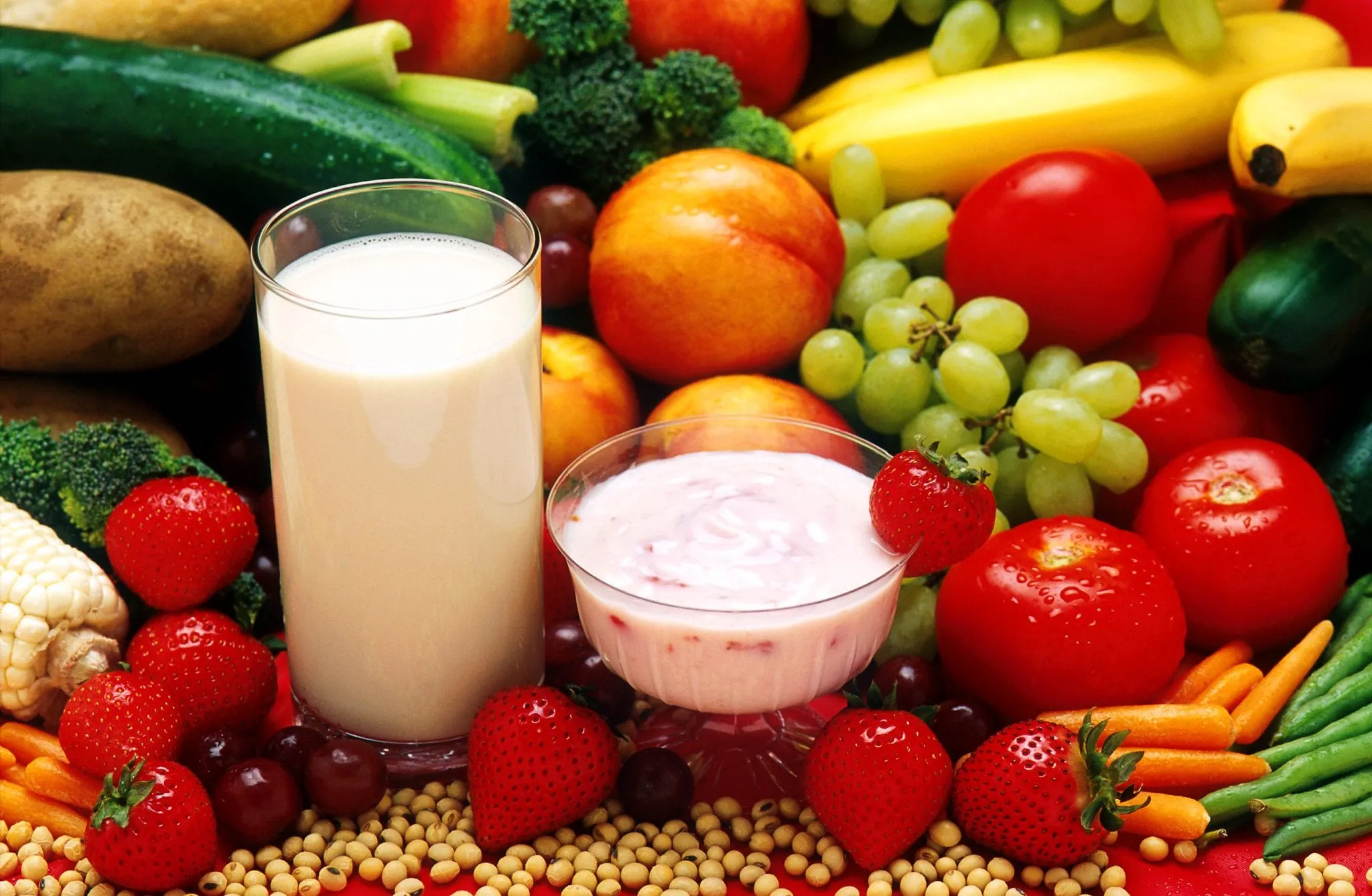Vegetarian diet or the meatless diet is a famous as a step towards healthy life but it has also a fair share of drawbacks despite of having numerous health benefits. It should be noted that vegetarian diet is categorized into major groups on the basis of presence of animal derived products (except meat) in the diet which are lacto vegetarian, lacto – ovo vegetarian, ovo vegetarian and vegan diet. The latter most diet i.e. vegan diet is strict form of vegetarian diet because it doesn’t contain any kind of animal-derived products which is a matter of concern for many. Let’s understand why and how the animal derived contents in the vegetarian diet can affect our health in long run.
Related Posts

Animal centric nutrients
Some essential nutrients are found only in animals such as creatine, carnosine, DHA and saturated fats like cholesterol. Some of the essential nutrients are found in plant sources but the amount is generally very less while animal meat and derived products are high in these nutrients such as Vitamin A, B12, K and D and minerals like iron, calcium etc.
How the absence of these nutrients in vegetarian diet can affect the body?
Nutrients take care of the proper functioning of biological processes and absence of any major or micro nutrient can decrease the efficiency and disturb the internal homeostasis. For example, Vitamin B12 which is found in animal products is important for proper functioning of nervous system and muscles. Its absence in the body can cause anemia, blindness, weakness and tingling and numbness in muscles. In pregnant women and nursing mothers, its deficiency can impair the development of nervous system.
How to get these vital nutrients?
The direct method is to take these nutrients in form of supplements available as health drink, powder and pills but these synthetic versions may have side effects on the body, therefore consumption of natural sources of these nutrients are highly recommended. Here is the list of important nutrients you must include in your vegetarian diet.
Protein – although, plant sources are also very rich in proteins and the added advantage is that it contains fibre unlike fats as in case of animal derived proteins. You can include protein rich plant sources like tofu, Edamame, tempeh, beans and other legumes, nuts, nut butters, eggs, and higher-protein whole grains such as quinoa, amaranth, and kamut.
Vitamin A – besides being popular for maintaining a good vision, this vitamin is also required for normal growth and development, maintenance of immune system and other biological functions. It is true that carotene (found in carrots) is major source of vitamin A but a large amount of carotene need to be converted to get moderate amount of pure form of vitamin A which could be utilized by the body.
Vitamin B2 – this member of vitamin B group is required for activation of other vitamins which makes it a key element in nutrition chart. You can consume Almonds, fortified cereals, cow’s milk, yogurt, mushrooms, and soy milk to get the required amount of this vitamin.
Vitamin D – this vitamin is essential for calcium homeostasis and metabolism. Its deficiency can cause deformities in bones and in order to avoid such condition one can include pastured in dairy products. Human skin is able to synthesize this vitamin but cholesterol is needed in the process which one can obtain from milk or milk products.
Calcium – this mineral is essential for growth and development of bones and muscles. The main sources of this mineral are plentiful in cheese, yogurt, milk, Edamame, tofu, almonds, sesame tahini, calcium-fortified orange juice, and dark green leafy vegetables like collard greens, spinach, and bok choy.
Iron – this mineral is very important in respiration and its deficiency can reduce the overall efficiency of body functions. One can get enough iron from fortified breakfast cereals, soy-based foods, dried prunes, dried apricots, nuts, beans, legumes, and fortified whole wheat bread.
Zinc – this one is required for cellular growth and division, tissue repairing, boosting immune system and breaking of carbohydrates. It can be obtained from soy milk, cheese and yogurt, fortified breakfast cereals, nuts, seeds, mushrooms, lentils, black-eyed peas, split peas, and wheat germ.
DHA (Docosahexaenoic acid) – it is main structural component of nervous system, skin, retina and testicles. It can either be obtained from mother’s milk and fish oil or synthesized from alpha – linoleic acid (omega – 3) which can be obtained from Canola oil, ground flaxseeds, flaxseed oil, walnuts, walnut oil, soybeans, and tofu.

